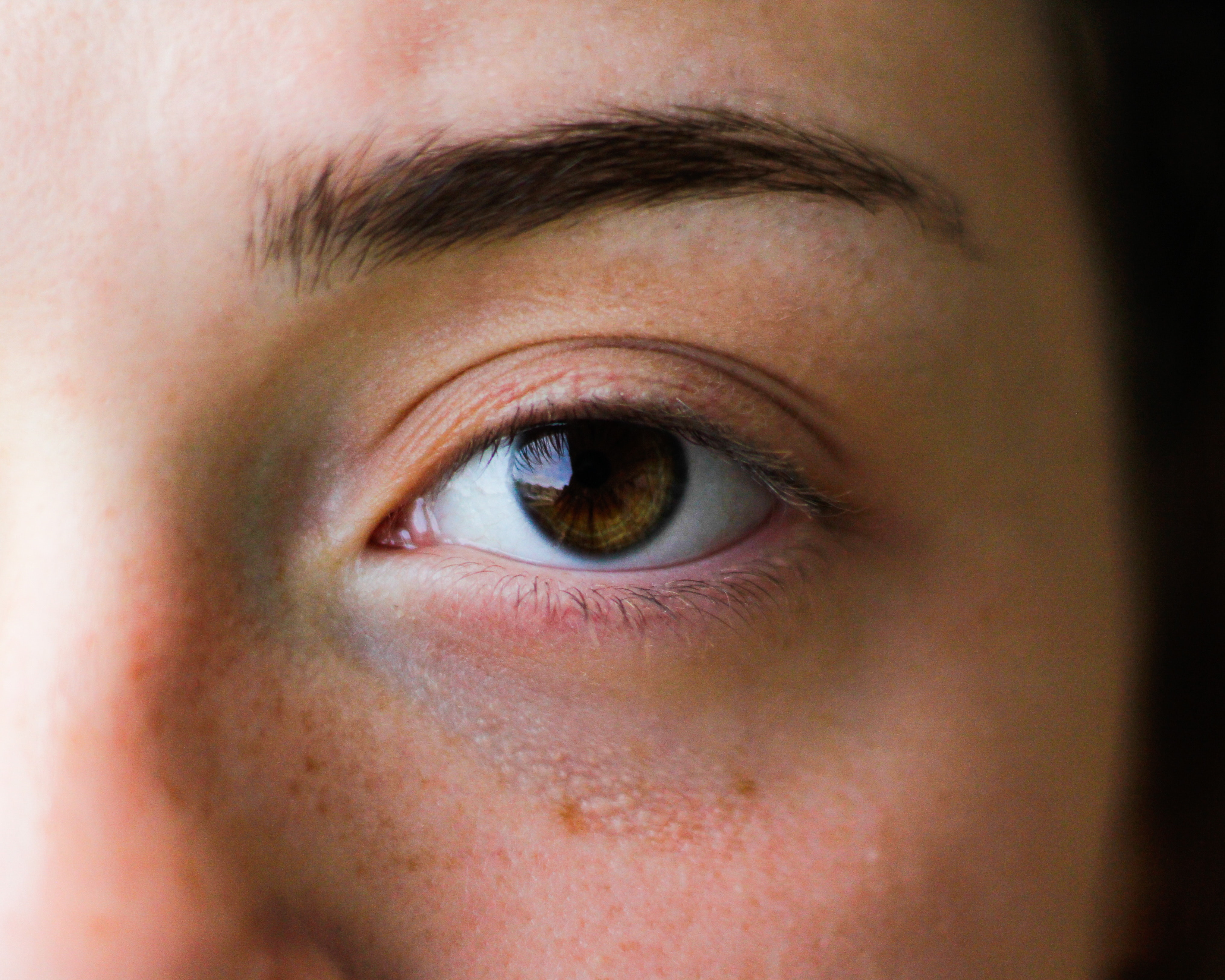Our eyes hold the key to our true biological age: Study
Sign up now: Get insights on Asia's fast-moving developments

Studying the retina's network of small vessels might reveal the overall health of the body's circulatory system and brain.
PHOTO: PEXELS
SYDNEY (XINHUA) - The difference between the apparent age of somebody's eyes and that person's actual age can shed light on his current or future health, according to Australian researchers.
The findings, published on Wednesday (Jan 19) in the British Journal Of Ophthalmology, are based on studies into the retina, which is the light-sensitive layers of nerve tissue at the back of the eye.
Evidence suggests that studying the retina's network of small vessels, known as microvasculature, might reveal the overall health of the body's circulatory system and brain.
By examining the fundus, which is the eye's internal back surface, researchers can calculate the retinal age.
Dr Zhuoting Zhu from the Centre for Eye Research Australia in Melbourne said there was already an array of tissue, cell and chemical tests to pick up gaps between a person's biological age (or the pace at which they are getting older) and chronological age (or their age measured in time).
Such tests, however, are fraught with ethical and privacy issues and are often invasive, expensive and time-consuming.
The researchers, therefore, based their findings on the far less invasive technique of examining more than 80,000 fundus images from almost 47,000 people aged 40 to 69, which had been collected as part of the UK Biobank, a long-term study of more than 500,000 participants in Britain that began in 2006.
Some 19,200 fundus images of the right eyes of more than 11,000 participants in relatively good health at the initial Biobank health check were used to validate the accuracy of the retinal age prediction.
This showed a strong association between predicted retinal age and real age, with an overall accuracy to within 3½ years.
The retinal age gap was then assessed in the remaining participants during an average monitoring period of 11 years.
During that time, about 5 per cent of the overall participants died. Of those 5 per cent, about 17 per cent died from cardiovascular disease, almost 55 per cent from cancer and the rest from other causes including dementia.
"Fast agers", those whose retinas looked from three to 10 years older than their real age, suffered significantly higher death rates.
Each year increase in the retinal age gap was associated with a 2 per cent increase in the risk of death from any cause and a 3 per cent increase in the risk of death from a specific cause other than cardiovascular disease and cancer.
The same process that applied to the left eyes produced similar results.
"Our novel findings have determined that the retinal age gap is an independent predictor of increased mortality risk, especially of non-cardiovascular disease or non-cancer mortality," the researchers wrote.
"These findings suggest that retinal age may be a clinically significant biomarker of ageing," they said.
Dr Zhu said their findings add weight to the "hypothesis that the retina plays an important role in the ageing process and is sensitive to the cumulative damages of ageing which increase the mortality risk".


